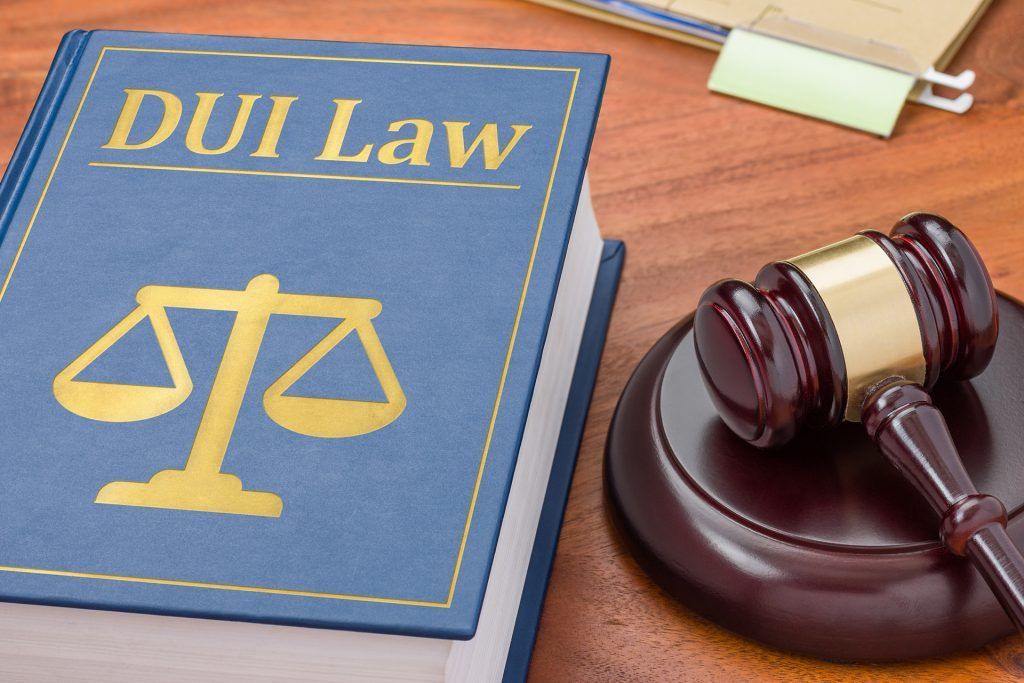Protecting Your Rights: What to Do If You're Charged with an OWI/DUI in Michigan
Protecting Your Rights: What to Do If You're Charged with an OWI/DUI in Michigan
Facing an OWI (Operating While Intoxicated) or DUI (Driving Under the Influence) charge in Michigan can be an overwhelming and stressful experience. Please note, this blog is intended for informational purposes only and does not constitute legal advice. Whether it’s your first offense or you’ve dealt with this before, the consequences can be serious, affecting your personal life, career, and finances. Understanding what steps to take immediately after being charged can make a significant difference in your case.
At Coppins Law Group, we specialize in defending individuals facing OWI and DUI charges in Michigan, particularly in Macomb, Sterling Heights, and surrounding areas. In this blog, we’ll guide you through the critical steps to protect your rights and how an experienced Michigan DUI attorney can help mitigate the impact of these charges on your life.
Understanding OWI/DUI Charges in Michigan
In Michigan, drunk driving laws are strict, and the penalties for an OWI/DUI conviction are severe. The legal blood alcohol concentration (BAC) limit is 0.08% for drivers aged 21 and over, and 0.02% for drivers under 21. For commercial drivers, the limit is 0.04%. Additionally, Michigan has an “operating while visibly impaired” (OWVI) charge, which doesn’t rely on a specific BAC level but rather visible evidence of impairment.
The charges and penalties increase significantly for “super drunk” offenses, where the driver’s BAC is 0.17% or higher. Understanding the nature of your charges is crucial because they determine the potential consequences and the defense strategy your OWI defense lawyer in Macomb will use.
Immediate Steps to Take After an OWI/DUI Charge
If you’ve been pulled over and charged with an OWI/DUI in Michigan, the steps you take in the moments and days following the incident can have a significant impact on your case. Here’s what you should do:
1. Stay Calm and Cooperate with Law Enforcement
Being pulled over for suspicion of drunk driving can be nerve-wracking. It’s important to stay calm and be respectful to the officer. You have the right to remain silent, but if asked for your license, registration, or proof of insurance, provide them without argument. Avoid saying anything incriminating, as your words can be used against you later.
2. Understand Your Rights
You have rights, even if you’re suspected of driving under the influence. These include:
- The right to remain silent.
- The right to refuse a preliminary breath test (PBT) at the roadside if you’re 21 or older. However, refusing this test may result in a civil infraction.
- The right to request an attorney.
Keep in mind that refusing a chemical test (breath, blood, or urine) after being arrested may result in an automatic one-year suspension of your driver’s license under Michigan’s implied consent law.
3. Document Everything
As soon as you can, write down everything you remember about the traffic stop and arrest. Include details like:
- Why the officer said they pulled you over.
- What field sobriety tests (if any) you were asked to perform.
- Whether you were read your Miranda rights.
This information can be invaluable for your DUI attorney in Michigan when building your defense.
4. Contact a Michigan DUI Attorney Immediately
Time is critical when dealing with OWI/DUI charges. An experienced OWI defense lawyer in Macomb or Sterling Heights can begin working on your case immediately, ensuring your rights are protected and that no deadlines are missed. For example, you have only 14 days to request a hearing to challenge the suspension of your driver’s license.
The Consequences of an OWI/DUI Conviction
An OWI/DUI conviction in Michigan carries severe consequences that can impact your life in various ways. Here’s what you could face:
1. Legal Penalties
- First Offense: Up to 93 days in jail, fines of $100 to $500, and up to 360 hours of community service.
- Second Offense: Up to one year in jail, fines of $200 to $1,000, and 30 to 90 days of community service.
- Third Offense (Felony): Up to five years in prison, fines of $500 to $5,000, and 60 to 180 days of community service.
2. License Suspension
An OWI/DUI conviction often results in the suspension or revocation of your driver’s license. For example, a first offense typically comes with a 30-day suspension, followed by 150 days of restricted driving privileges.
3. Increased Insurance Rates
After a conviction, your car insurance rates are likely to skyrocket. Many insurance companies consider OWI/DUI convictions a high-risk indicator, leading to higher premiums or even cancellation of your policy.
4. Professional and Personal Impact
A criminal record can affect your job prospects, professional licenses, and reputation. Employers often conduct background checks, and a conviction could limit your opportunities.
How a Michigan DUI Attorney Can Help
An experienced OWI defense lawyer in Macomb or Sterling Heights can make all the difference in your case. Here’s how:
1. Protect Your Rights
From the moment you’re arrested, your attorney ensures that your rights are upheld. This includes challenging any evidence obtained unlawfully, such as an improper traffic stop or failure to read your Miranda rights.
2. Build a Strong Defense
Your lawyer will thoroughly investigate your case, examining police reports, dashcam footage, and breathalyzer results. They may identify inconsistencies or errors in the evidence that can be used to your advantage.
3. Negotiate Plea Deals or Reduced Charges
In some cases, your attorney may be able to negotiate with the prosecution for reduced charges or alternative sentencing, such as probation or enrollment in a sobriety program.
4. Represent You in Court
If your case goes to trial, having an experienced criminal defense attorney by your side is crucial. They will present your defense, cross-examine witnesses, and advocate for the best possible outcome.
Why Choose Coppins Law Group for Your OWI/DUI Defense?
At Coppins Law Group, we understand how overwhelming it can be to face OWI/DUI charges. Our team has years of experience representing clients throughout Michigan, including Macomb, Sterling Heights, and surrounding areas. Here’s why we’re the right choice for your defense:
- Local Expertise: We have an in-depth understanding of Michigan’s OWI/DUI laws and court processes.
- Personalized Defense: Every case is unique. We take the time to understand your situation and craft a defense strategy tailored to your needs.
- Proven Results: Our track record speaks for itself. We’ve successfully helped clients reduce or dismiss their charges, protecting their rights and futures.
- Compassionate Support: We know this is a stressful time, and we’re here to guide you every step of the way with clear communication and unwavering support.
Take Action Now to Protect Your Future
If you’ve been charged with an OWI/DUI in Michigan, don’t wait to seek legal help. The sooner you act, the better your chances of achieving a favorable outcome. At Coppins Law Group, we’re committed to protecting your rights and helping you move forward with your life.
Contact us today for a free consultation with an experienced Michigan DUI attorney. Remember, seeking professional legal advice specific to your case is essential, as this blog is not a substitute for personalized legal counsel. Let us fight for you and provide the strong representation you need. Call us or visit our website to schedule your consultation.
Remember, a charge doesn’t have to define your future. With the right legal team by your side, you can overcome this challenge and regain control of your life.




